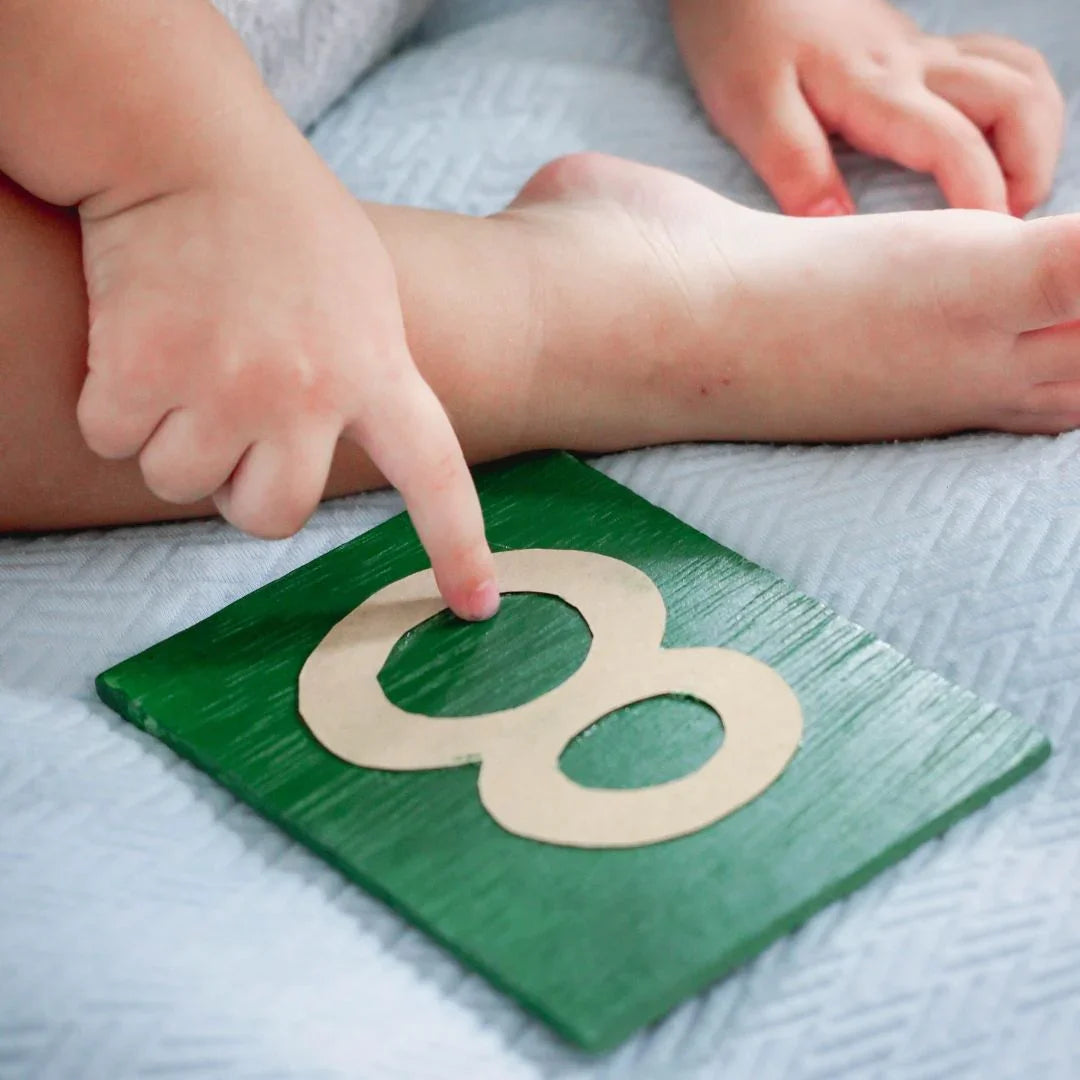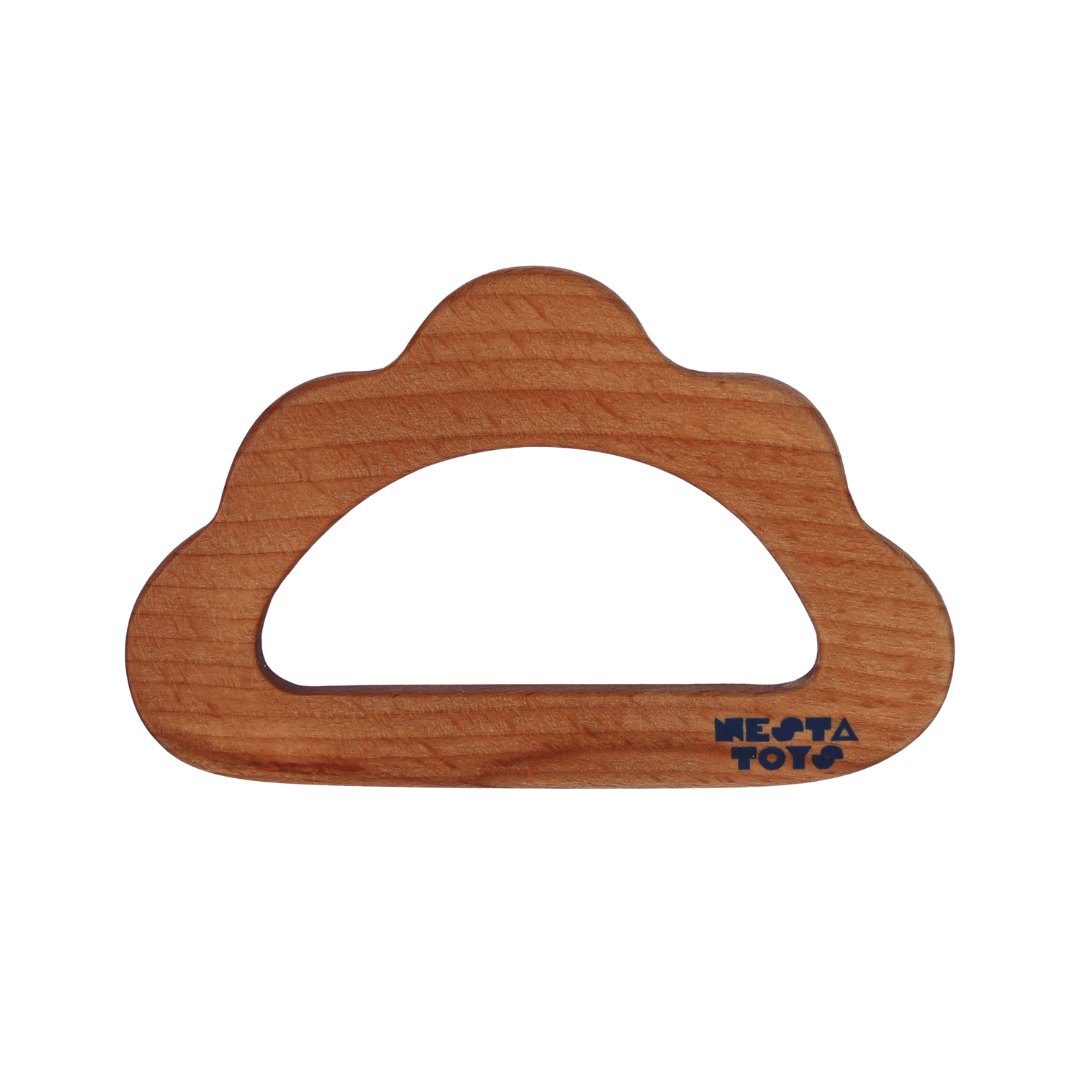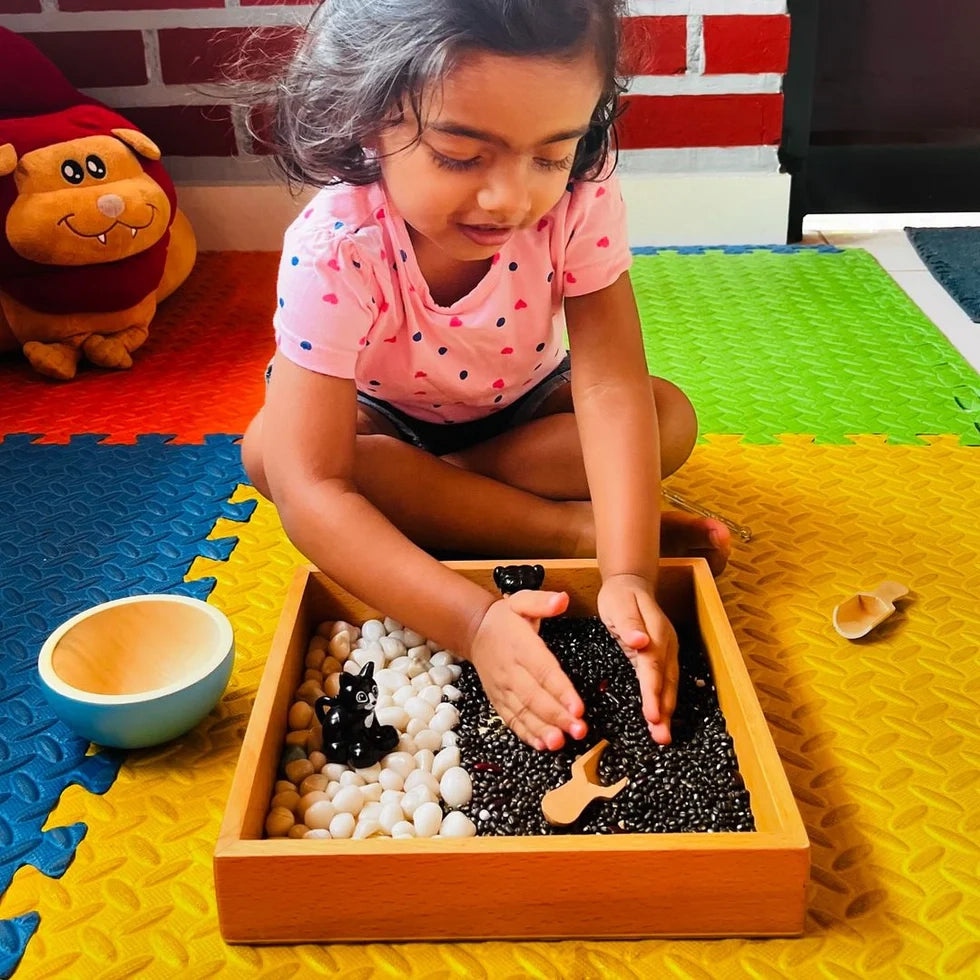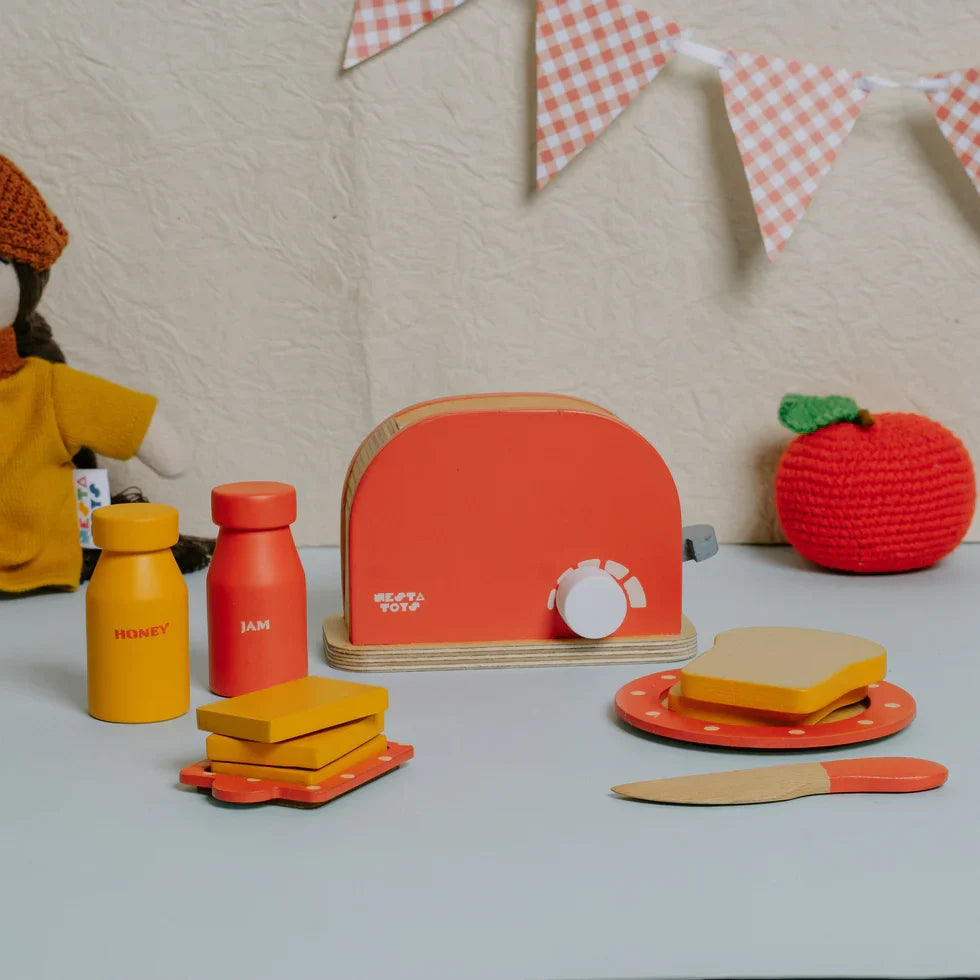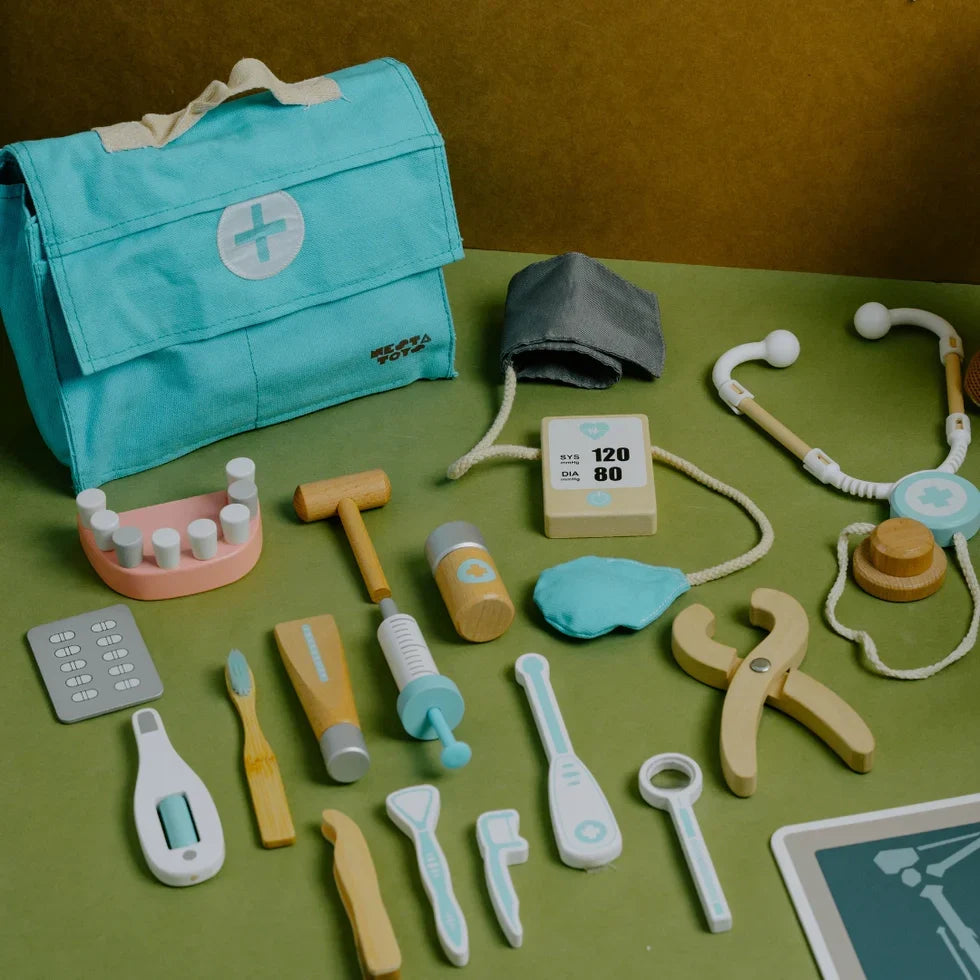Montessori education is a method of education that emphasizes self-directed learning, individualized instruction, and hands-on learning experiences. It was developed by Dr. Maria Montessori, an Italian physician and educator, in the early 1900s. Today, Montessori education is recognized as a highly effective approach to early learning, and many parents and educators are embracing its principles.
In this blog post, we will explore the best Montessori practices for early learning.
- Hands-On Learning
One of the core principles of Montessori education is hands-on learning. This means that children are encouraged to learn by exploring the world around them through their senses. Montessori classrooms are equipped with a wide range of materials that children can use to learn and explore, including puzzles, blocks, and other manipulatives. These materials are designed to be self-correcting, which means that children can learn from their mistakes and develop a deeper understanding of the concepts they are exploring.
- Individualized Instruction
Another key principle of Montessori education is individualized instruction. Montessori teachers recognize that each child is unique and has their own learning style and pace. Therefore, they create a learning environment that is tailored to each child's needs and interests. Children are encouraged to work at their own pace and to choose the activities that interest them. This approach helps children develop a love of learning and a sense of autonomy.
- Child-Centered Environment
Montessori classrooms are designed to be child-centered environments. This means that the classroom is organized in a way that is conducive to learning and exploration. Children have access to a variety of learning materials and are free to move about the classroom as they please. The classroom is also designed to be aesthetically pleasing, with natural materials and soft lighting. This creates a calm and peaceful atmosphere that is conducive to learning.
- Mixed-Age Groups
Montessori classrooms are typically organized in mixed-age groups. This means that children of different ages are grouped together in the same classroom. This approach allows children to learn from each other and to develop social skills. Older children can act as mentors and role models for younger children, and younger children can learn from the older children. This approach also allows children to work at their own pace and to challenge themselves.
- Respect for the Child
Respect for the child is a fundamental principle of Montessori education. Montessori teachers believe that children should be treated with respect and dignity. They recognize that children are capable of learning and growing and should be given the opportunity to do so in a supportive and nurturing environment. Montessori teachers also encourage children to be independent and to take responsibility for their own learning.
- Emphasis on Practical Life Skills
Montessori education places a strong emphasis on practical life skills. Children are taught how to take care of themselves and their environment. They learn how to dress themselves, prepare food, and clean up after themselves. These skills are important for developing independence and self-reliance. They also help children develop a sense of responsibility and respect for their environment.
- Integrated Curriculum
Montessori education is based on an integrated curriculum. This means that different subjects are taught in an interconnected way. For example, science and math concepts may be introduced through a hands-on activity that involves building and measuring. This approach helps children develop a deeper understanding of the concepts they are learning and encourages them to make connections between different subjects.
- Observation and Assessment
Montessori teachers use observation and assessment to track children's progress and to identify areas where children may need additional support. They observe children as they work and play and use this information to guide their instruction. Assessment is done through a variety of methods, including checklists and anecdotal records.


